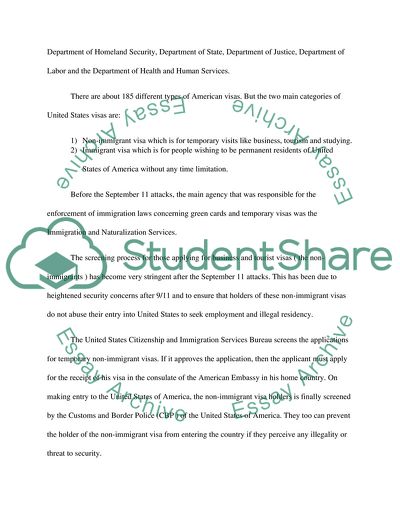Cite this document
(How Immigration Laws Have Changed in Response to Terrorist Attacks Assignment, n.d.)
How Immigration Laws Have Changed in Response to Terrorist Attacks Assignment. https://studentshare.org/law/1748738-protecting-homeland
How Immigration Laws Have Changed in Response to Terrorist Attacks Assignment. https://studentshare.org/law/1748738-protecting-homeland
(How Immigration Laws Have Changed in Response to Terrorist Attacks Assignment)
How Immigration Laws Have Changed in Response to Terrorist Attacks Assignment. https://studentshare.org/law/1748738-protecting-homeland.
How Immigration Laws Have Changed in Response to Terrorist Attacks Assignment. https://studentshare.org/law/1748738-protecting-homeland.
“How Immigration Laws Have Changed in Response to Terrorist Attacks Assignment”. https://studentshare.org/law/1748738-protecting-homeland.


